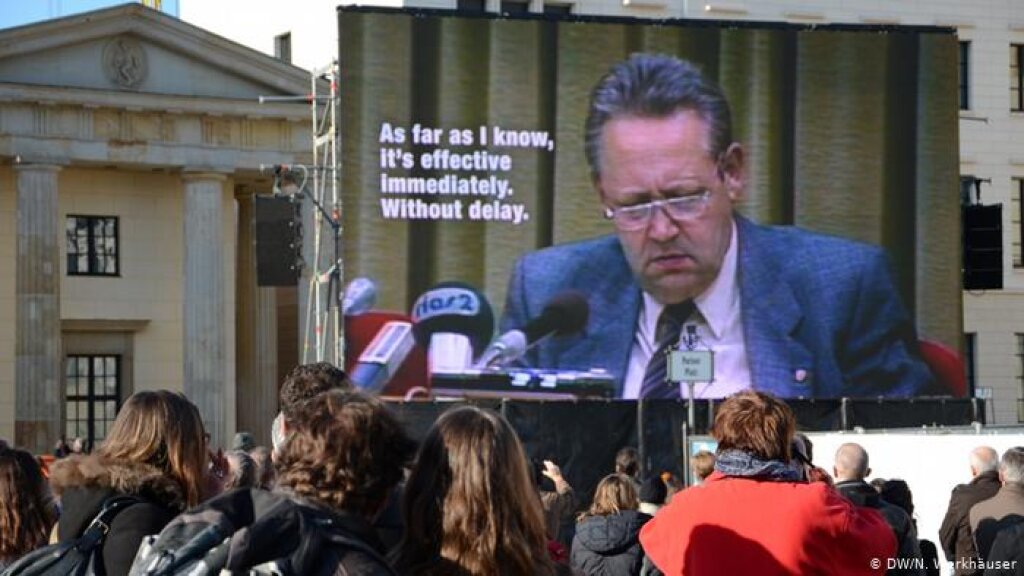Maria Mayofis is a cultural historian. Ilya Kukulin is a cultural historian and literary critic.
Today is one of the darkest days of our lives. A day of endless shame and of horror in the face of what awaits our friends, colleagues, and acquaintances living in Ukraine. All day we have been writing messages — to Odessa, to Zhitomir, to Kyiv, to Kharkiv — to which we have received calm, restrained, and dignified responses. Our correspondents have even found the spiritual strength to reassure us in our fear. Truly, moral rectitude confers strength.
Over the past months and weeks, we have received many warnings that the Russian leadership is preparing a full-scale offensive on Ukraine's territory. We signed letters and petitions and posted on social media, but we were unable to do the most important thing — to take to the streets of our cities in anti-war protests, as we did in 2014 and 2015, after the Crimean operation and the start of the war in Donbass, before the right to freedom of assembly was taken away from us.
We must remain firm in this unanimous demand: an immediate ceasefire and the withdrawal of Russian troops from the territory of Ukraine.
Today many of our friends and colleagues went to Pushkinskaya Square — but their protests lasted only a few minutes, with police and the National Guard acting harshly and brutally to suppress gatherings before they really got started. The police even went directly to the homes of writers and journalists, serving them documents demanding that they agree not to attend any street actions.
But as long as we have freedom of expression on our blogs or on websites created for private educational and cultural initiatives, we can at least declare that this war is a crime against the peoples of Ukraine and Russia. Today alone it has already claimed dozens of human lives.
Academics are responding quickly. A letter that has now amassed around 600 signatures has been posted by the publication "Troitsky Variant." 2000 additional signatures are pending, but the site has been hit by DDOS attacks, making it difficult to collect new ones.
Meanwhile, writers, too, have rallied online. The PEN-Moscow and the Free Word Association have issued a statement, while a letter by figures in the Russian theater has also collected hundreds of signatures. We hope these first letters of protest will not be the last.
The Russian government has exerted a great deal of effort to permanently divide the citizens of Russia and Ukraine, to harden them against one another. This war did not start yesterday; it started in 2014. Today it has entered a new and catastrophic phase. Yet in the years since the annexation of Crimea and the outbreak of the Donbass war, colleagues in Ukraine, the US, and Western Europe have worked hard to ensure we retain opportunities for meetings, cooperation, and dialogue, at least on the level of academic and cultural contact. We still remember with nostalgia the 2016 IAH and ASEEES conference in L’viv, when we had several days to talk with colleagues from Ukraine and Belarus about topics of mutual concern while strolling the cozy streets of that city. It was with great sadness that we saw then, both in L’viv and in Kyiv, visible signs of ongoing war.
It is still difficult for us to imagine that this will never be possible again, that all those who are in Russia will now be associated with complicity in war crimes. In reality there are many of us who disagree, who blame the war and its initiators. We hope our voices will be heard, if not by the Russian government (which, it seems, no longer hears anyone or anything), then at least by colleagues and friends living in other countries. We would like to calmly, directly, and honestly look them in the eye. Many of our friends these days are echoing the English phrase: "Not in my name." Perhaps we should say for all of us: “Not in our names.”
It is possible that the words with which we will end this note will cost us dearly, but we cannot but say them: "We cannot and do not want anything to do with this regime."
In these difficult days we are inspired by hope. We are convinced that what is happening today is not forever. Ukraine, Russia, and Belarus are European countries, no matter how strange these words may seem today when applied to Russia and Belarus. Our task is not only to protest, but also to think of the future, when the intellectuals of Eastern Europe will be able to communicate freely with one another and with colleagues from other countries.
Today the threat of a new Iron Curtain hangs over us. But we believe that this threat, too, will be overcome. The experience of recent history shows that the human longing for freedom can be curtailed temporarily, but no one has ever been able to make people forget about it for long. It won't happen now, either.
Translated by Anne Lounsbery


